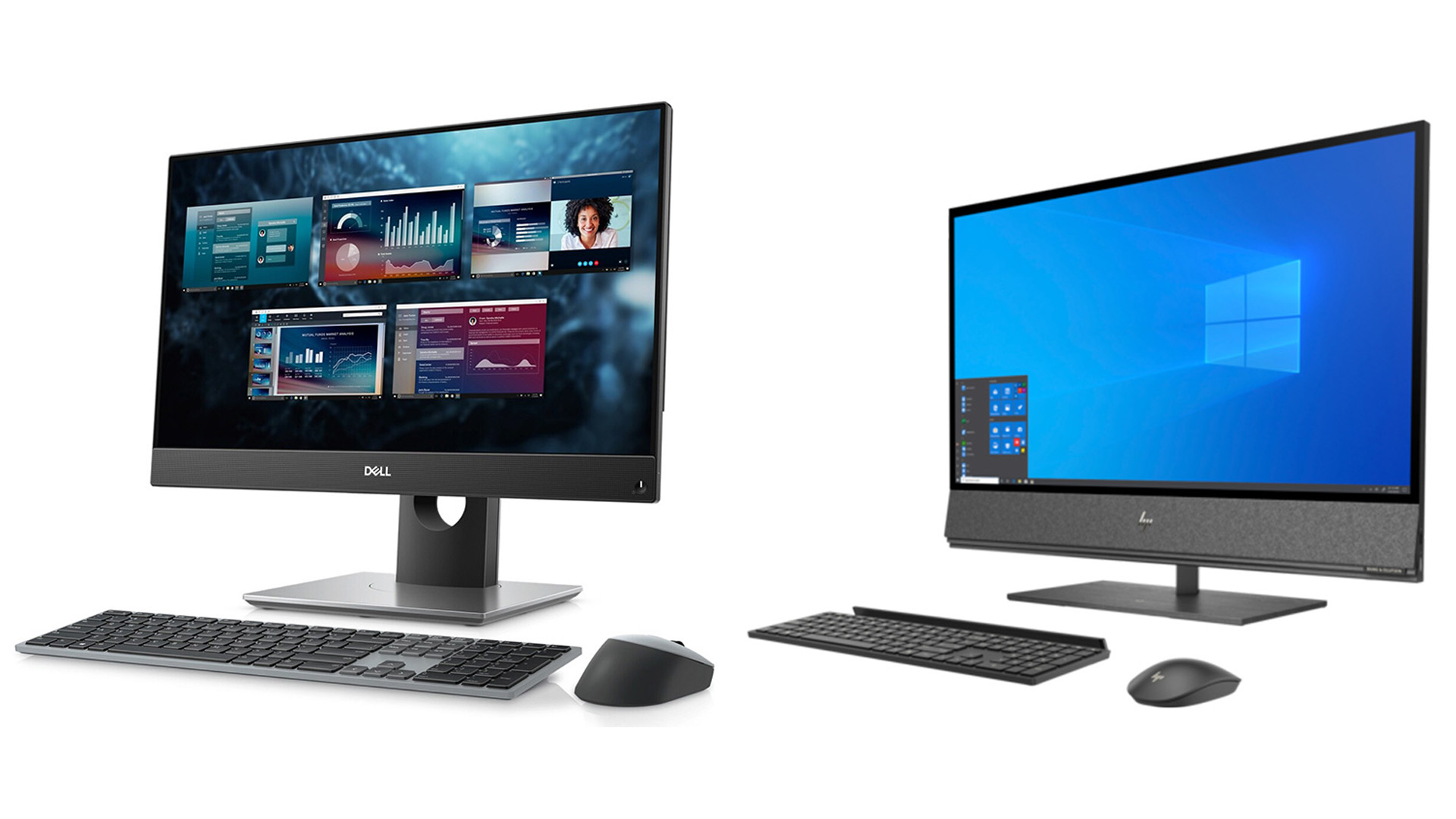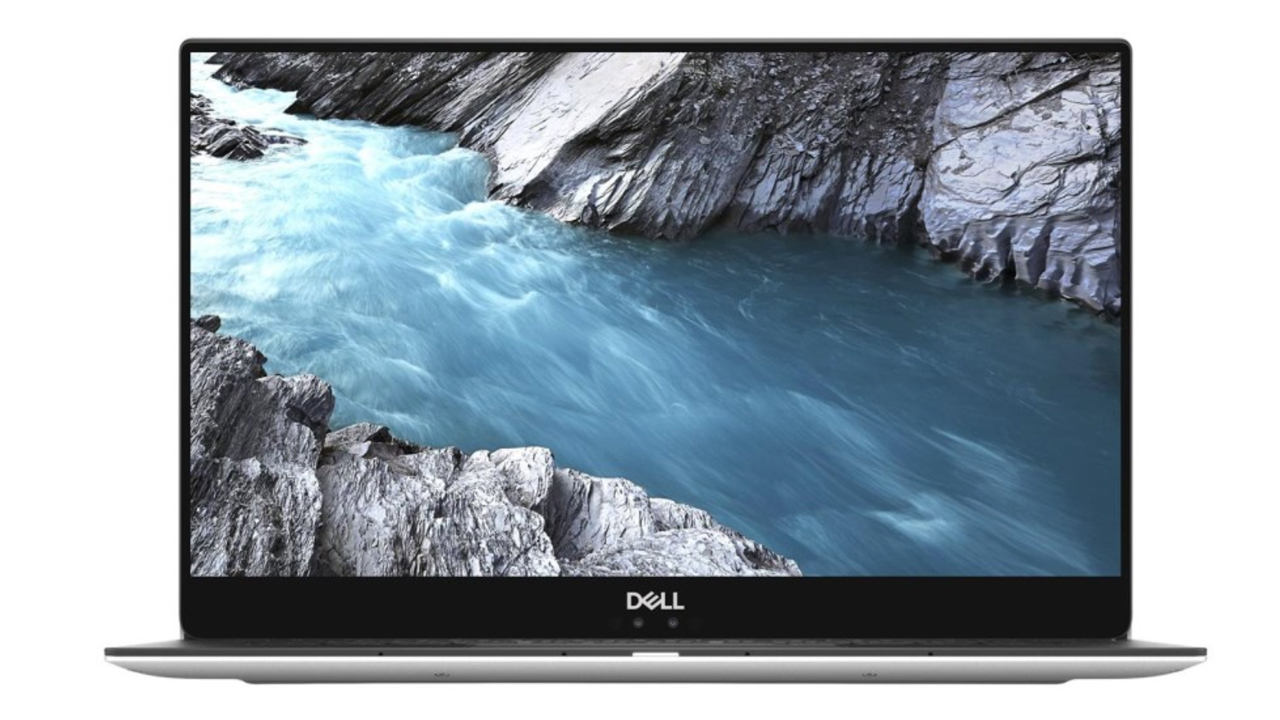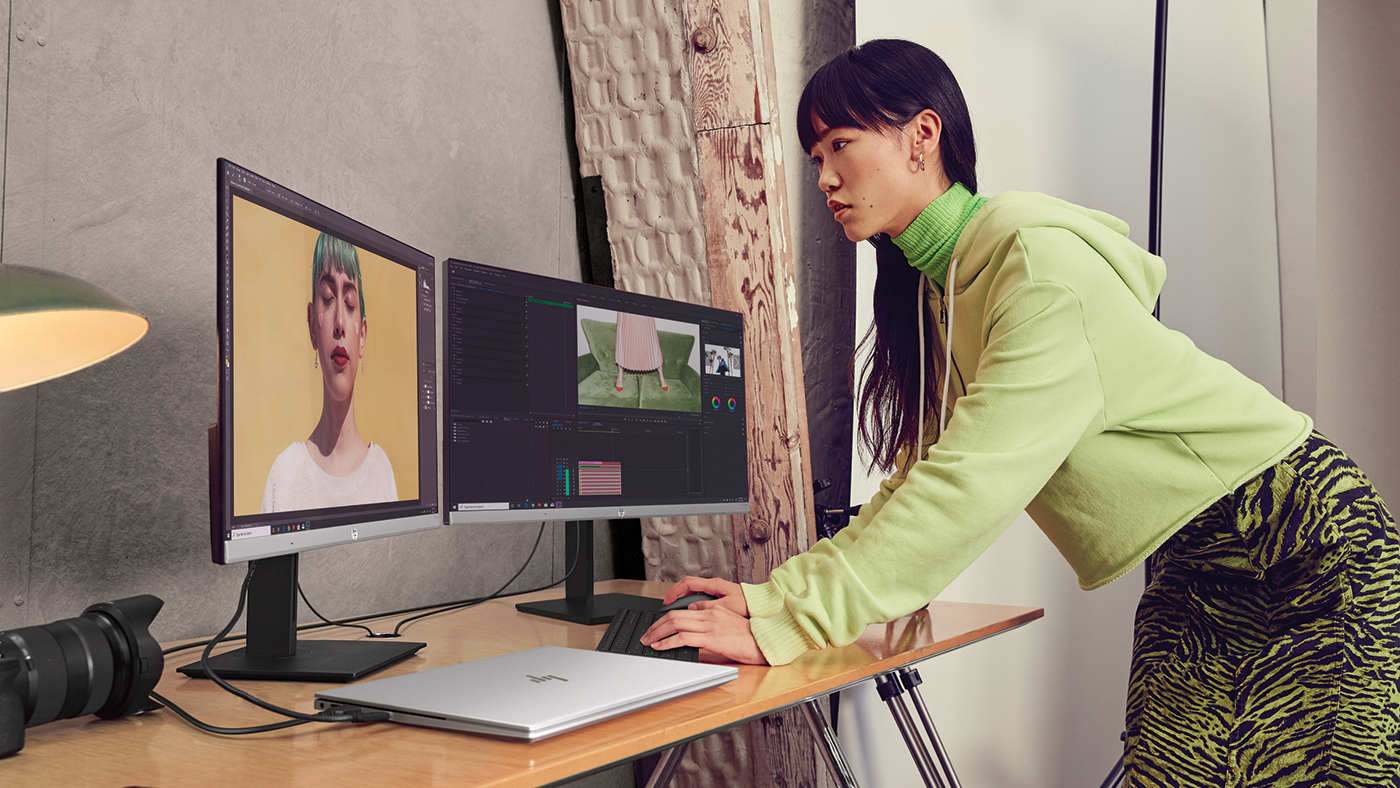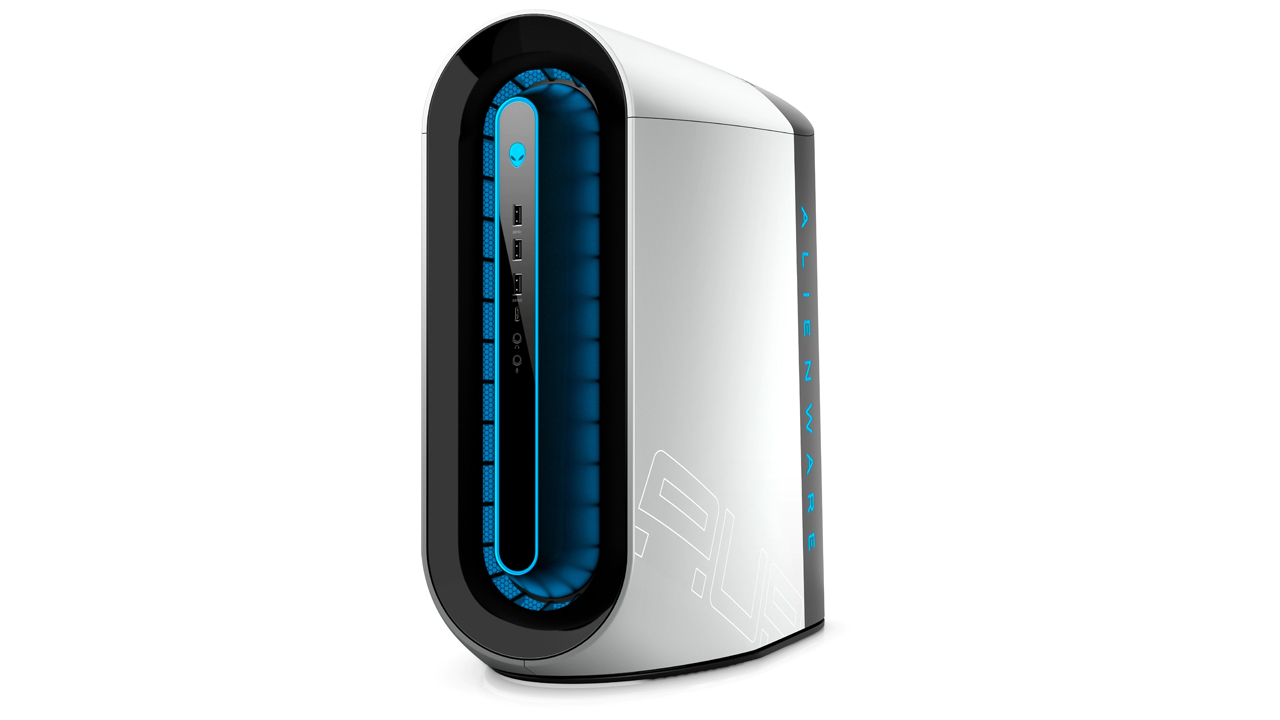Dell vs HP - who makes better computers?
Are Dell PCs better than HP? It’s mostly the specs that count, not the maker’s name. Mostly...

Whether one large company’s PCs are somehow intrinsically ‘better’ than those of another is an argument that’s frequently raged in the tech world, and continues today. It’s particularly strong among video game console fanboys, who will insist that Xbox is just better than PlayStation (or the other way around) with little to back it up past personal preference.
So when you’re looking at PCs, which tend to all look rather alike, it’s the small details you have to concentrate on. Both HP and Dell produce some of the best home computers and some of the best laptops out there, so perhaps to figure out which is top-dog, we should compare a few of them. Both sites have regular sales and discounts, so the prices we’re using here are the original ones before discount.
Dell vs HP: laptops

Let’s see what spending in the region of $1,500 gets you in terms of a laptop. From Dell, it’s an XPS 13, with an Intel i7 11th-gen CPU, 16GB of RAM, a 512GB SSD. The 13-inch screen is Full HD, but not a touchscreen, and you get the new Intel Iris Xe integrated GPU. That’s a good spec for a laptop that can be put to many uses, including content creation, serious office work, photo and video editing, and even a little light gaming. It comes with Windows 10 Pro, and is made of aluminum.
For around the same money, HP will sell you its Spectre x360 Convertible 15 laptop. This is a two-in-one model with a touchscreen, that can be folded back on itself to ape a tablet form factor. The screen is a 15-inch one, and a touchscreen. It also has a 4K resolution, beating the Dell. Inside, there’s an Intel i7 11th-gen processor, 16GB of RAM, and Iris Xe graphics, but only 256GB of SSD storage. There has to be some trade-off, we suppose, for that 4K touchscreen. It comes with Windows 10 Home, and has a plastic outer shell.
So, the HP is slightly larger, and has a higher-resolution touchscreen, while the Dell has more storage and a metal casing. Otherwise, they’re very similarly specced. The HP may appeal more to the home market and the Dell to office workers - hence the differences in operating system versions - but otherwise we think anyone would be extremely pleased to be using either laptop. Perhaps the build quality and range of specs just pips it in Dell's favor here.
Dell vs HP: desktop PCs

Let’s look at all-in-one desktop PCs at around $2,400. This is a less competitive marketplace than laptops, but it’s still possible to pick up a great machine. Dell’s offering in this price bracket is the OptiPlex 7490. It’s powered by a 10th-gen Intel i5 processor, with 16GB of RAM and a 256GB SSD. The screen is a 24in touchscreen, with a Full HD resolution. As with all Dell’s computers, there are many build-to-order options, though annoyingly there’s no 4K screen available on this model.
HP’s desktop PC in the same bracket is the Envy All-in-One 32-a1055. It is a world away from Dell’s rather limp offering, with a 10th-gen Core i7, 16GB of RAM, 31.5in 4K HDR screen (not a touchscreen), and a discrete graphics processor, the Nvidia GeForce 2070, that marks it out as a machine capable of playing the latest games. This is a much better machine than the equivalent Dell, beating it in almost every area.
Sign up to receive the latest news, reviews, buying guides and deals direct to your inbox
Dell vs HP: gaming PCs

Finally let’s spend $3,200 on a gaming PC. These are desktop towers full of leading-edge components. From Dell comes the Alienware Aurora R12. Its nicely designed case contains an 11th-gen Intel Core i9 CPU, an Nvidia RTX 3080 graphics card, 32GB of RAM, and a 1TB SSD. It comes with Windows 10 Pro, and even a keyboard and mouse.
We had to spec a custom machine from HP to get to the same price, but the Omen 25L Desktop GT12-1335qd gets very close. Our custom machine also has an 11th-gen i9 CPU inside its black monolithic case, but takes a step down from the Dell with an RTX 3070 GPU. There’s 32GB of RAM, and 2TB of SSD storage, and we bumped the Wi-Fi card up to an Intel Wi-Fi 6 model to match the Dell. It comes with Windows 10 Home, and no keyboard or mouse. Adding these only costs $14, but gamers are a funny bunch and may like to supply their own.
These two gaming machines are very close. The HP has double the SSD storage, the Dell gets a slightly better GPU. Looks are definitely a factor here, and the Dell’s Alienware case is much better looking than the HP’s. It's close, but perhaps the Alienware shades it...
Both brands are capable of delivering quality and value, and both have long reputations in the PC industry. When deciding which is the best for you, look at the specs and build quality of the machine you’re thinking of buying rather than the maker’s name. This way, you’re more likely to get something that more accurately matches your needs.
If you're looking for more computing advice, we have a guide to the best wireless keyboard and mouse combos, and a look at the best touch screen monitors.
Ian has been a journalist for 20 years. He's written for magazines and websites on subjects such as video games, technology, PC hardware, popular (and unpopular) science, gardening and astronomy. In his spare time he has a pet tortoise and grows his own vegetables. He also has a passion for cameras and photography, and has written for TTR on these subjects.
